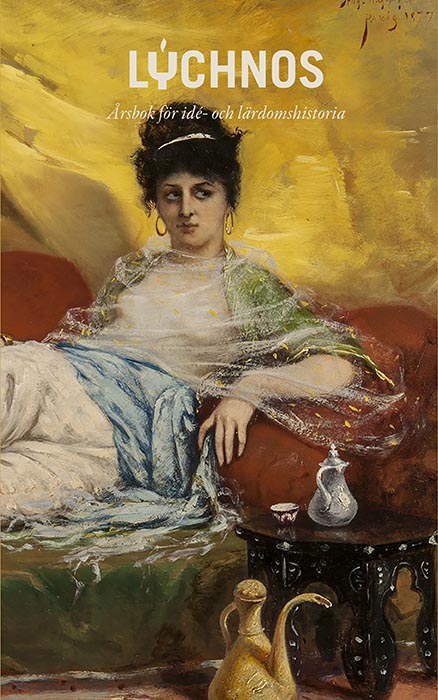Mirakel och vetenskap i Carl von Linnés dissertation Miracula insectorum (1752)
Nyckelord:
miracle, insects, Linnaeus, 18th century, dissertations, preternatural, physicotheology, Latin, rhetoricAbstract
The dissertation Miracula insectorum was publicly defended 1752 by Gabriel Emanuel Avelin, but was probably written by praeses Carl Linnaeus himself. It has not previously been translated into Swedish. The significations attached to the word miraculum are interpreted in light of the history of ideas. The interpretation is partly based on a lexical, grammatical and rhetorical analysis of the Latin text and illustrated by quotations that are translated into Swedish.
Two contrasting significations of miraculum appear. One is the preternatural miracle that seems to contradict the laws of nature. Generated by the devil, by evil spirits or by evil magicians, it may occur at any time, frightening superstitious people. The other is the miracle of nature, created by God at the beginning of time, ordered by laws and adapted to the purposes of its Creator, arousing wonder in educated people. Linnaeus refutes the preternatural miracle. In agreement with the mechanistic philosophy of the scientific revolution and an accompanying physicotheological religiosity, he advocates the miracle of nature. He also puts forward the hypothesis that insects may be the vectors of contagion and the cause of a fatal disease, believed by the afflicted to be of demonic origin.
Downloads
Publicerad
Nummer
Sektion
Licens
This work is licensed under a Creative Commons Attribution 4.0 International License. The copyright for the work published in Lychnos remains with the authors.


